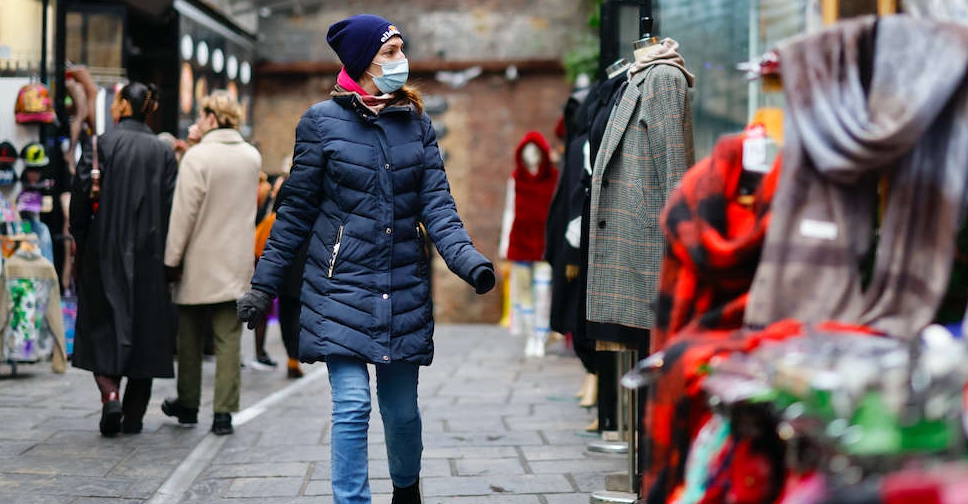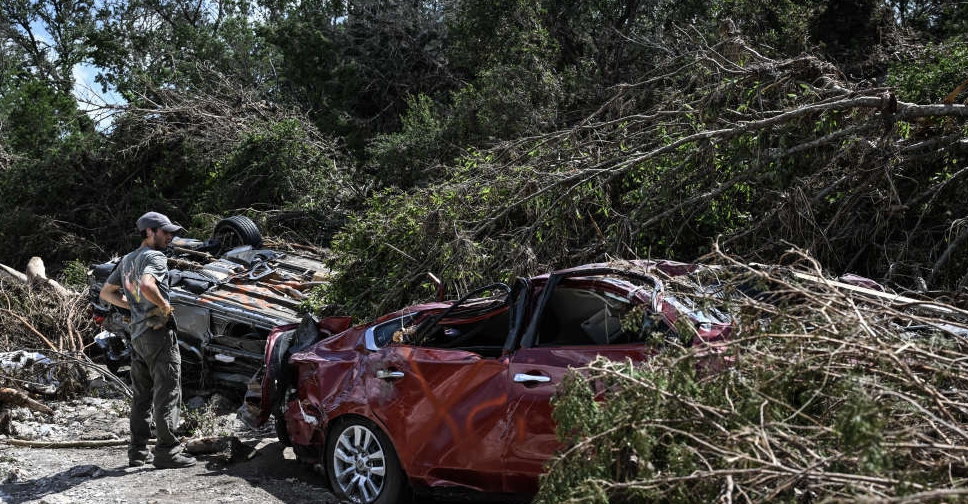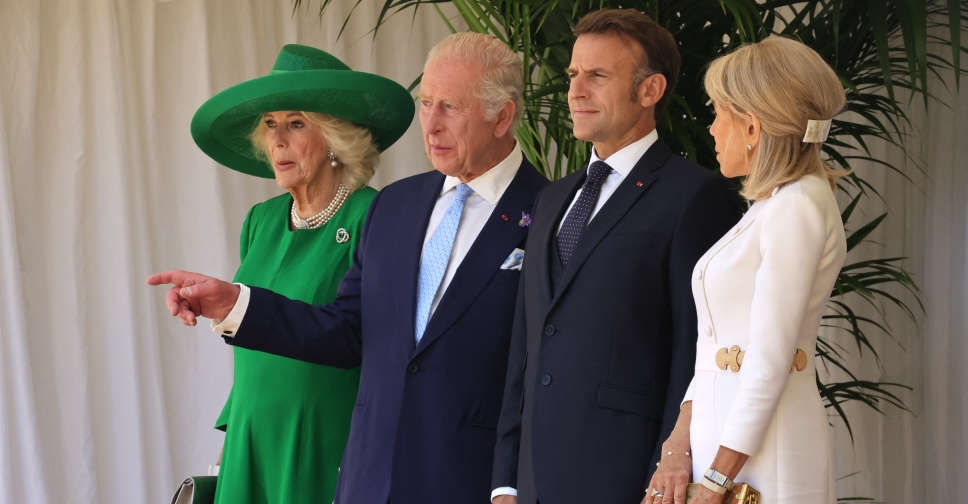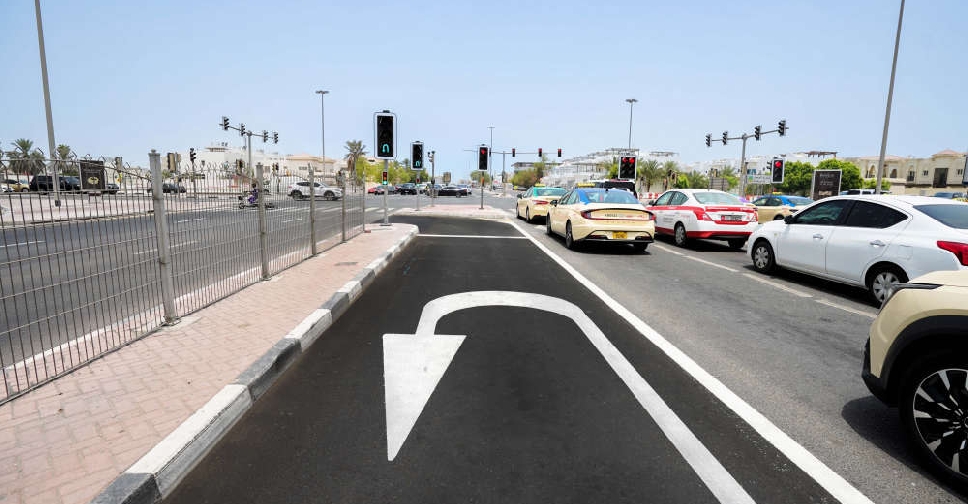
British Prime Minister Boris Johnson intends to set out plans next week to remove self-isolation requirements for people infected with COVID-19, his office said.
Britain would become the first major European country to allow people who know they are infected with COVID-19 to freely use shops, public transport and go to work - a move many of his health advisors think is risky.
"COVID will not suddenly disappear, and we need to learn to live with this virus and continue to protect ourselves without restricting our freedoms," Johnson said in a statement.
He will also give more details on how Britain will guard against future coronavirus variants through ongoing surveillance, amid reports that the government wants to end free testing and scale back public health studies.
Currently people in England are legally required to self-isolate for at least five days if instructed to by public health officials, and are advised to isolate even without a specific order if they have COVID-19 symptoms or test positive.
Removing the COVID-19 self-isolation legal requirements and replacing them with voluntary guidance would bring the disease in line with how Britain treats most other infections.
Some 85 per cent of Britain's population aged 12 or over have had at least two doses of a COVID-19 vaccine, and two thirds of the population - including the vast majority of those most at risk - have had three.
Britain's death toll of more than 160,000 fatalities within 28 days of infection is the second-highest in Europe after Russia's. Relative to the size of Britain's population, it is 6 per cent higher than the average for the European Union.
COVID-19 restrictions are unpopular with many members of Johnson's Conservative Party, who view them as disproportionate given widespread take-up of vaccines.
"Pharmaceutical interventions, led by the vaccination programme, will continue to be our first line of defence," the government said. "An awareness of public health guidance should remain, as with all infectious diseases such as flu."


 Trump, Netanyahu meet a second time as gaps said to narrow in Gaza ceasefire talks
Trump, Netanyahu meet a second time as gaps said to narrow in Gaza ceasefire talks
 Death toll from Texas flood hits triple-digits as tally of missing tops 180
Death toll from Texas flood hits triple-digits as tally of missing tops 180
 Wildfire threatens Marseille, shuts down airport in southern France
Wildfire threatens Marseille, shuts down airport in southern France
 Gaza ceasefire can be reached but may take more time, Israeli officials say
Gaza ceasefire can be reached but may take more time, Israeli officials say
 King Charles hosts Macron in first European state visit since Brexit
King Charles hosts Macron in first European state visit since Brexit




